
As of January first, 2010, the number of unused IPv4 addresses is 722.18 million. On January 1, 2009, this was 925.58 million. So in 2009, 203.4 million addresses were used up. This is the first time since the introduction of CIDR in 1993 that the number of addresses used in a year has topped 200 million. With 3706.65 million usable addresses, 80.5% of the available IPv4 addresses are now in some kind of use, up from 75.3% a year ago. So the depletion of the IPv4 address reserves is continuing in much the same way as in previous years.
Read the article - posted 2010-01-01
Since 2005, I've been compiling an IPv4 address use report every year. With the start of the new decade, this is a good moment to start doing the same thing for IPv6.
Read the article - posted 2010-01-01
For the fifth time now, I wrote an IPv4 address use report over the previous year for this site. And, for the first time, an IPv6 address use report. In addition, I wrote an article for Ars Technica about the IPv4 address use the past year and the past decade. From the Ars article:
Today, ten years later, 2,985 million addresses (81 percent) are in use, and 722 million are still free. In that time, the number of addresses used per year increased from 79 million in 2000 to 203 million in 2009. So it's a near certainty that before Barack Obama vacates the White House, we'll be out of IPv4 address. (Even if he doesn't get re-elected.)
Permalink - posted 2010-01-04
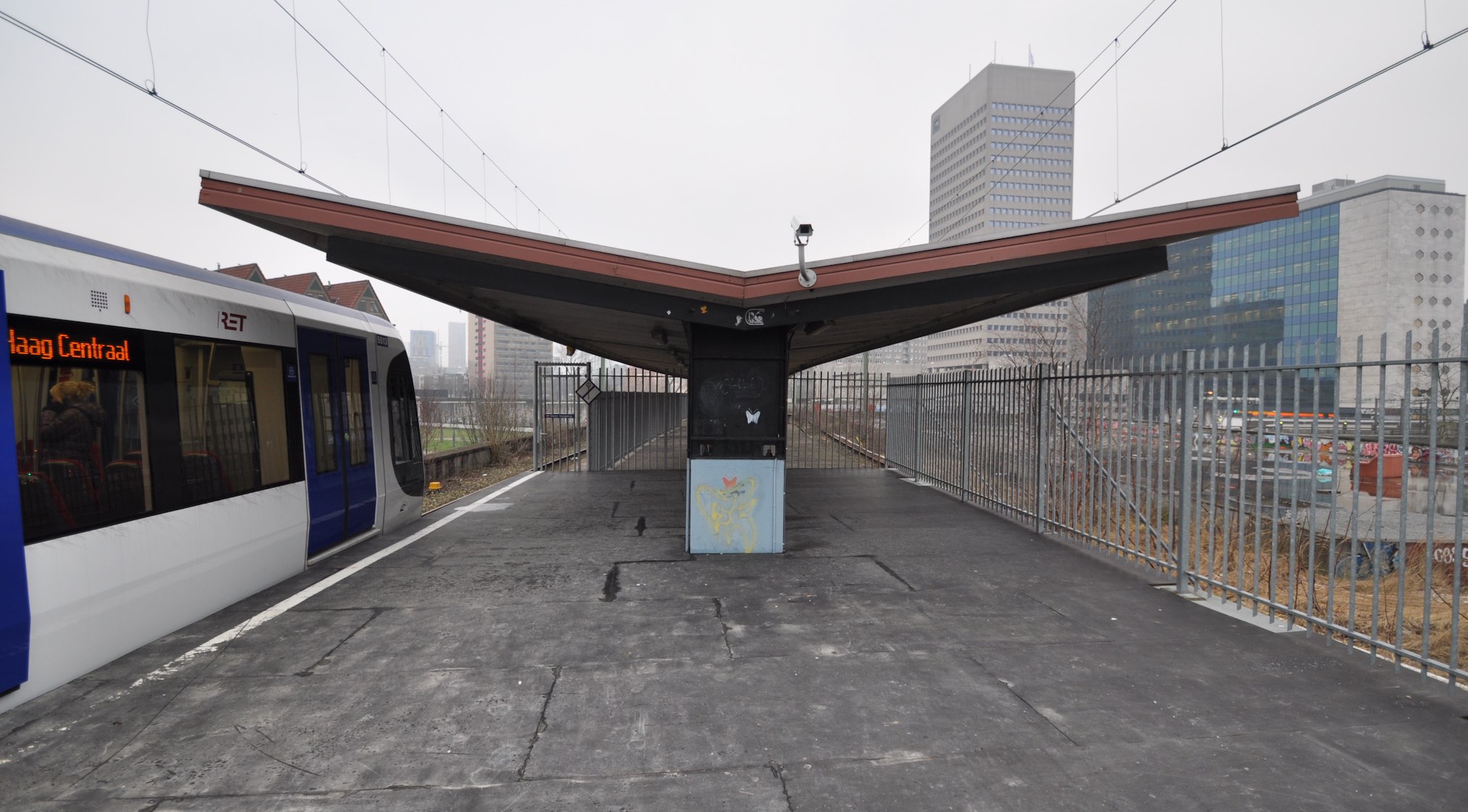
Image link - posted 2010-01-25
Je verwacht het niet in Amerika, maar ze hebben daar een stad die hoge ogen gooit in de race naar OV-hoofdstad van de wereld. Ze hebben er twee soorten bussen, twee soorten "trams" en twee soorten metro. En nog een zooi veerdiensten die ik niet geprobeerd heb en treinen.
Read the article - posted 2010-02-02

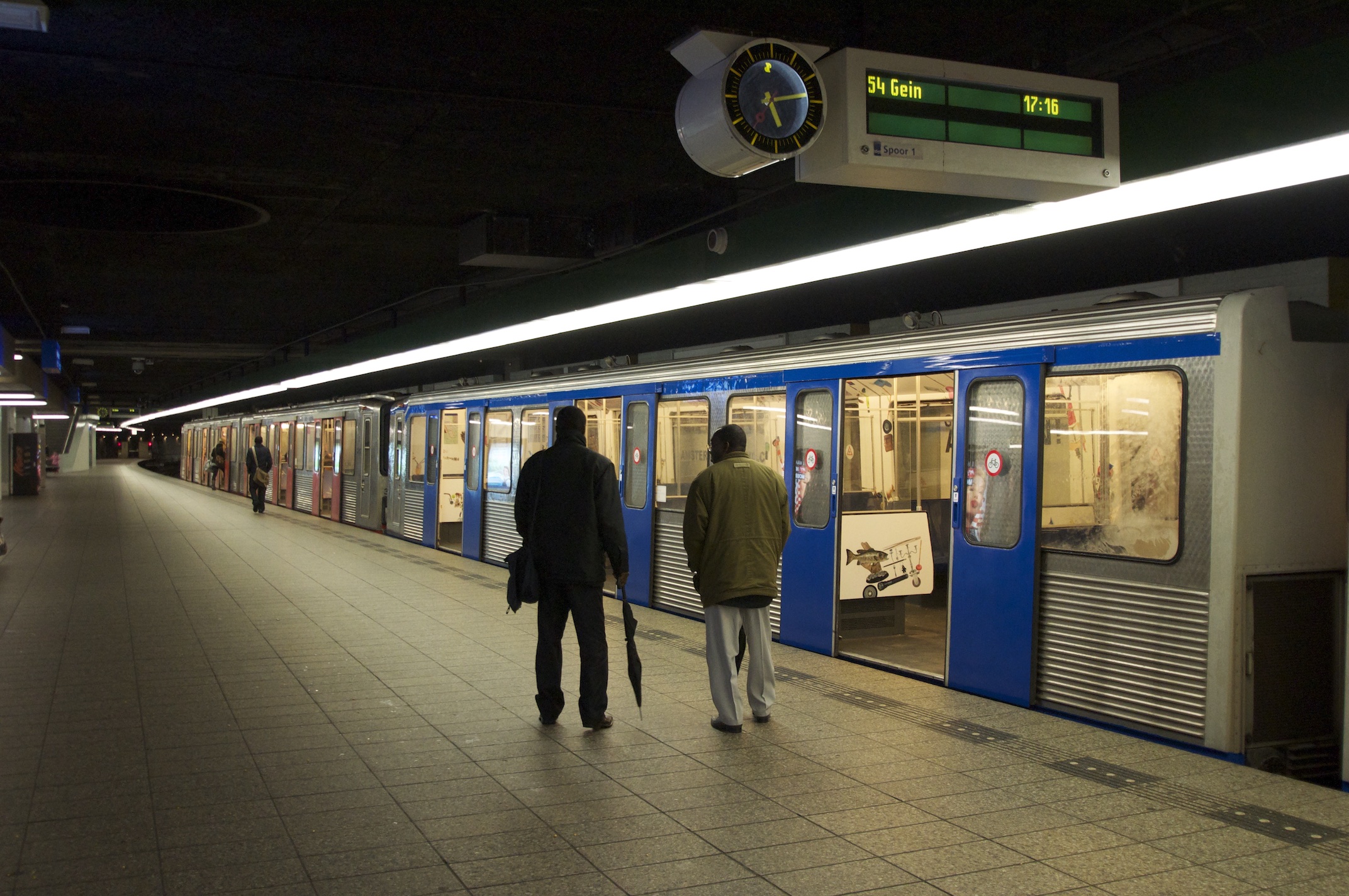
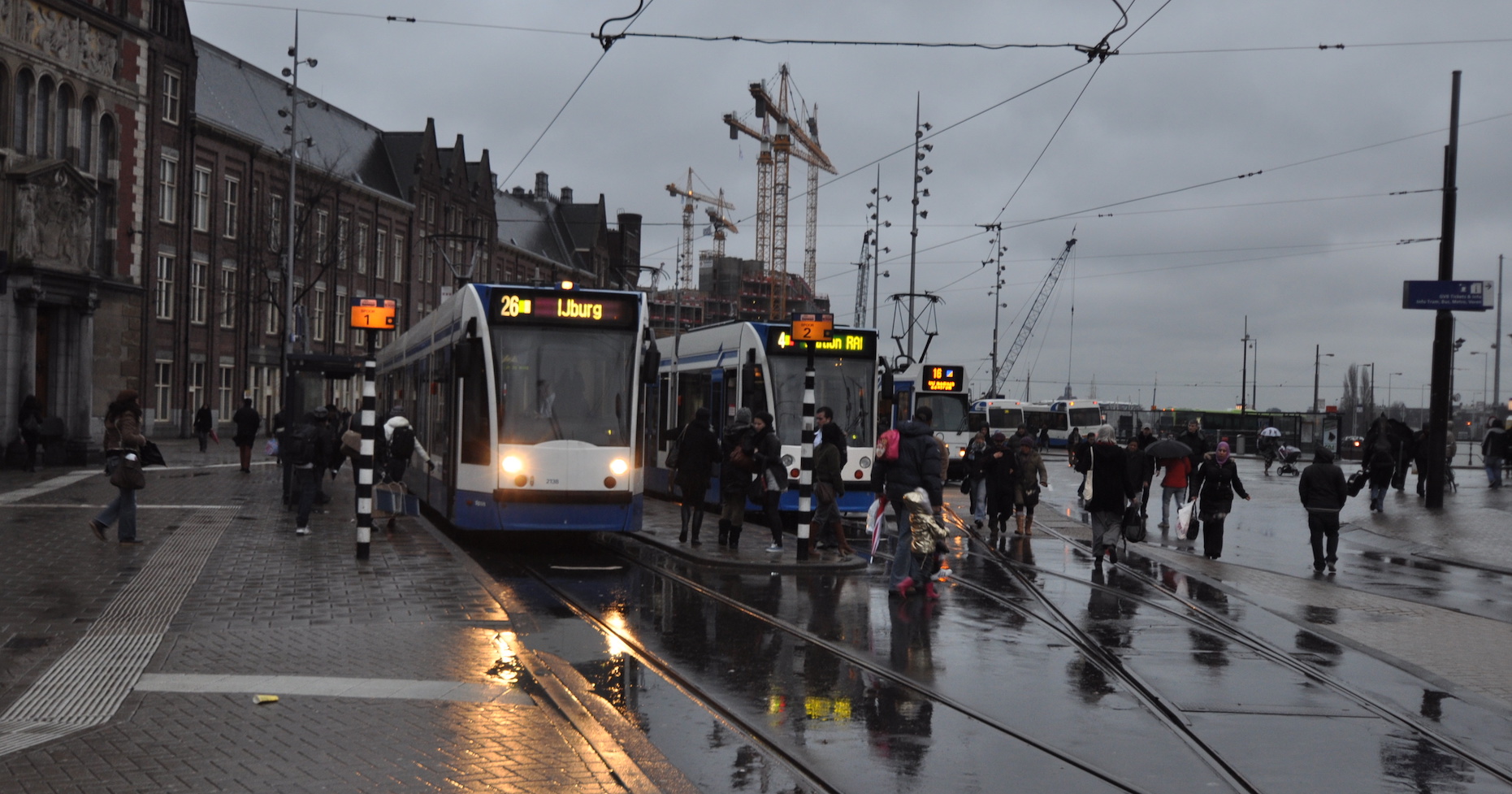
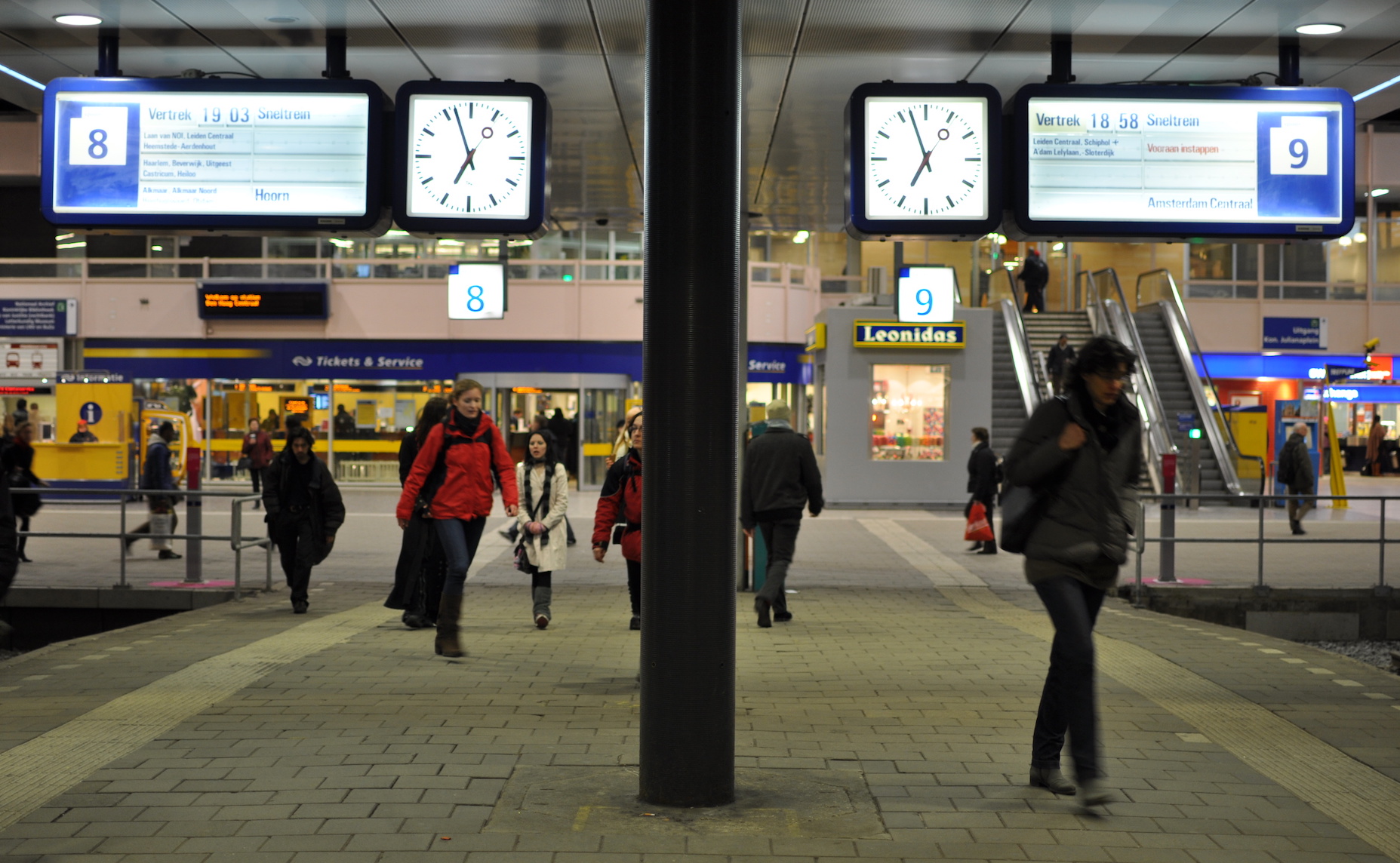

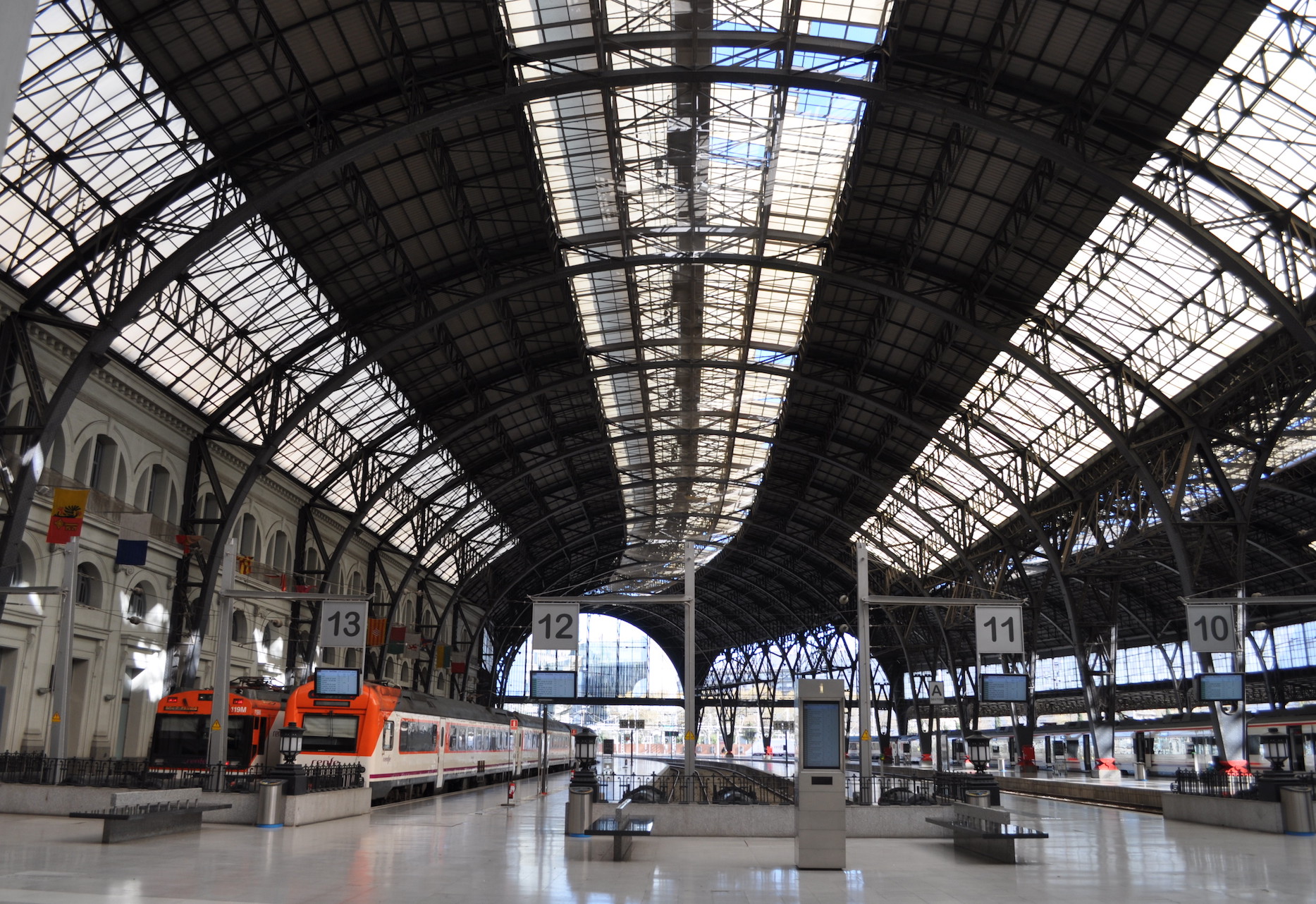
Image link - posted 2010-04-04
Afgelopen paasweekeinde (vrijdag - maandag) ben ik naar Barcelona geweest. Mooie stad, deed me in veel opzichten aan San Francisco denken. Beide zijn belangrijke havensteden (Barcelona de grootste aan de middelandse zee), beide hebben veel toeristen cq toeristische trekpleisters en beide hebben ongemeen steile heuvels. En: veel verschillende typen openbaar vervoer.
Read the article - posted 2010-04-07
Ik heb gister eindelijk eens een trip gemaakt naar toeristentrekpleister Toledo. Dit was een klassiek geval van te hoge verwachtingen: het was niet zozeer zo dat er veel mis is met Toledo, maar het wordt zo vaak als "must see" aangeprezen dat ik aanzienlijk meer verwacht had. Voor degenen die onbekend zijn met dit stadje: het ligt op een kleine berg in een slinger van een rivier, perfekte plaats dus voor een middeleeuws vestingstadje zo'n 70 km ten zuiden van Madrid.
Read the article - posted 2010-04-25
I. van Beijnum, A. Azcorra, M. Bagnulo
2010 IEEE International Conference on Communications (ICC), May 23-27




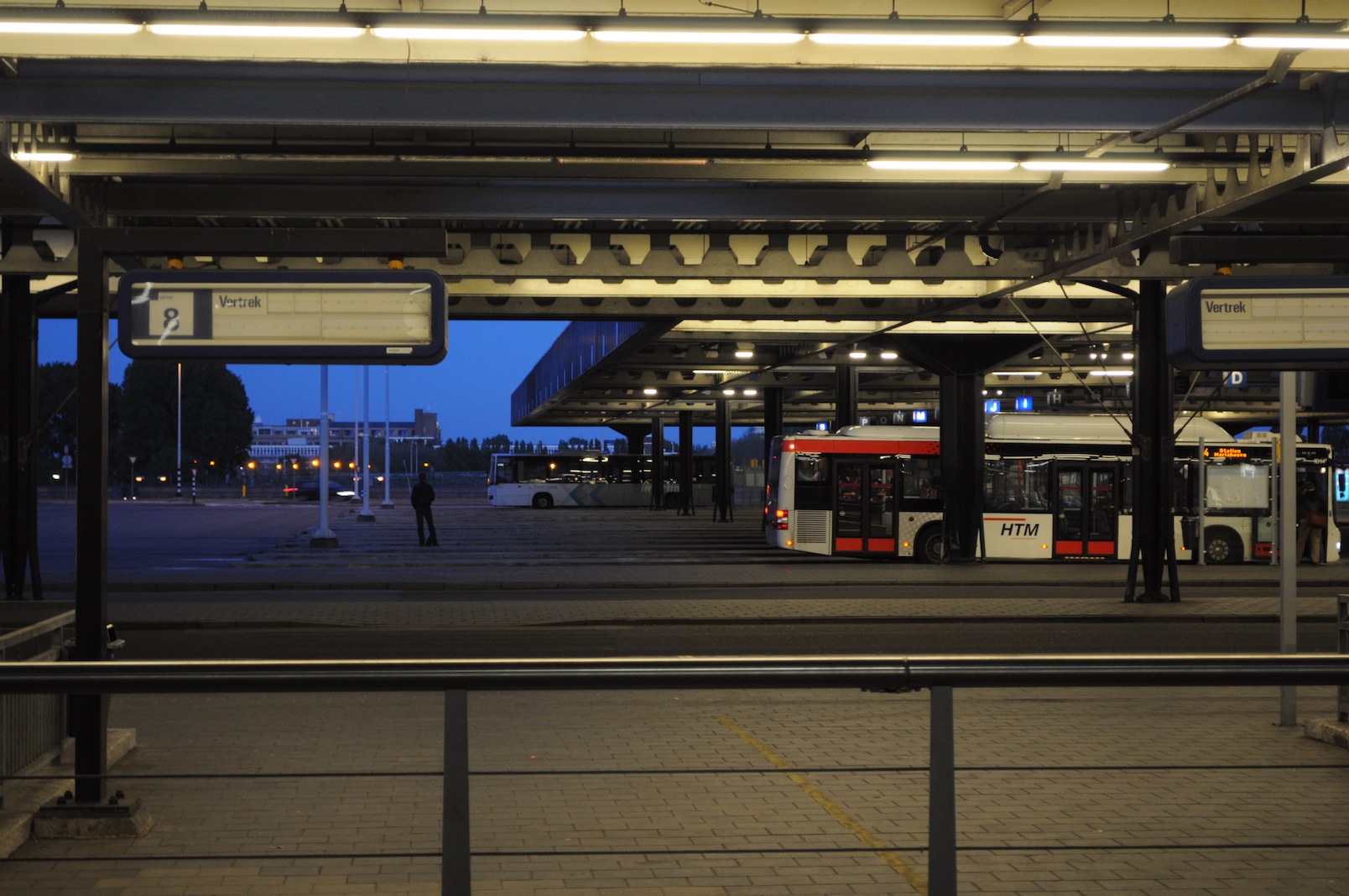
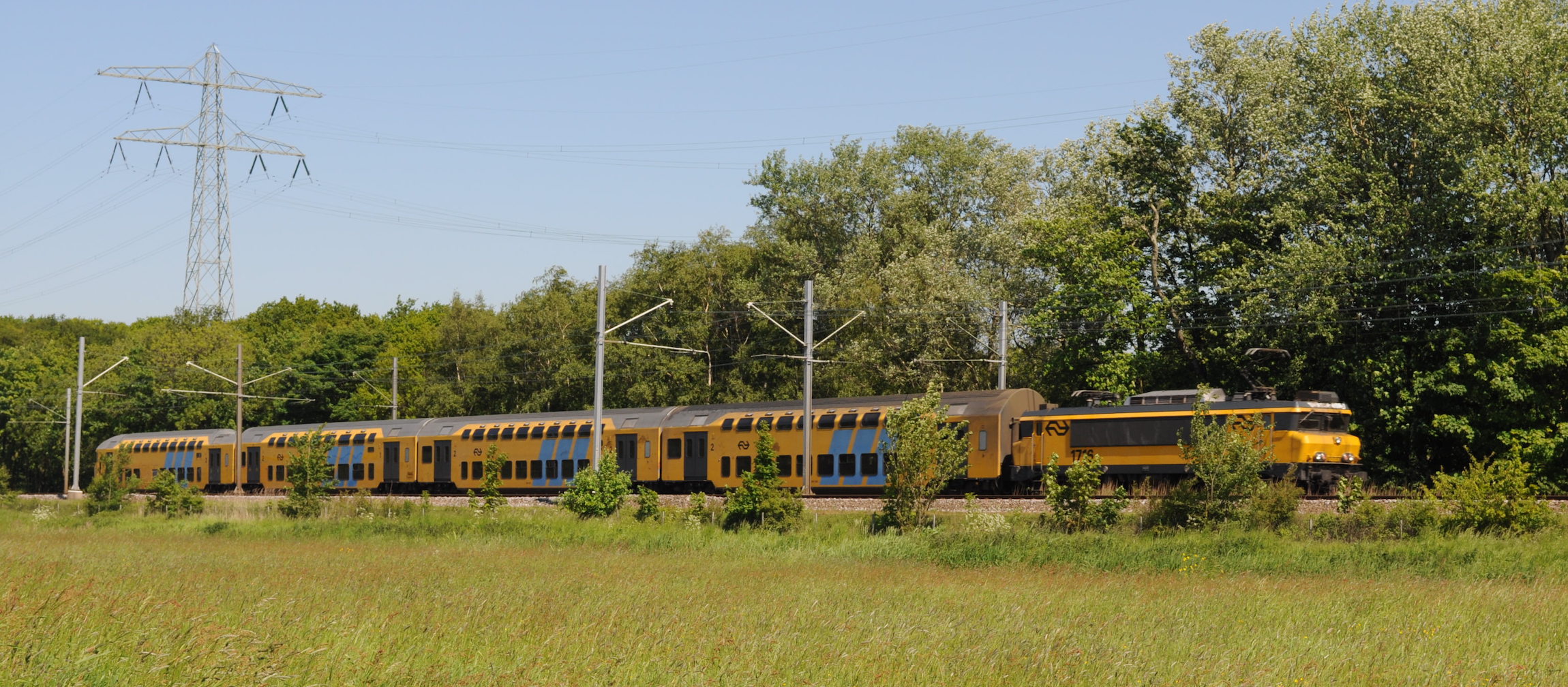
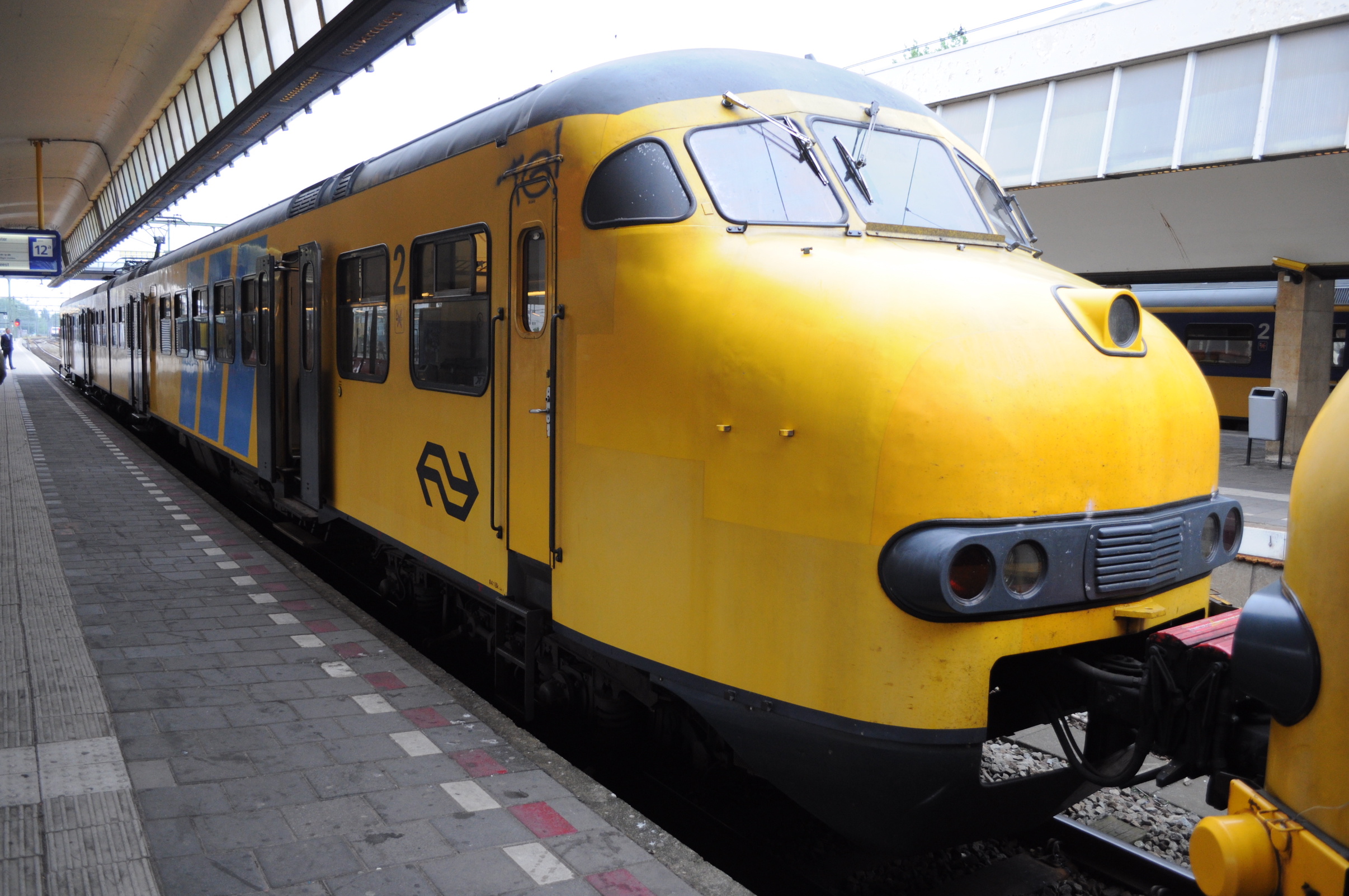
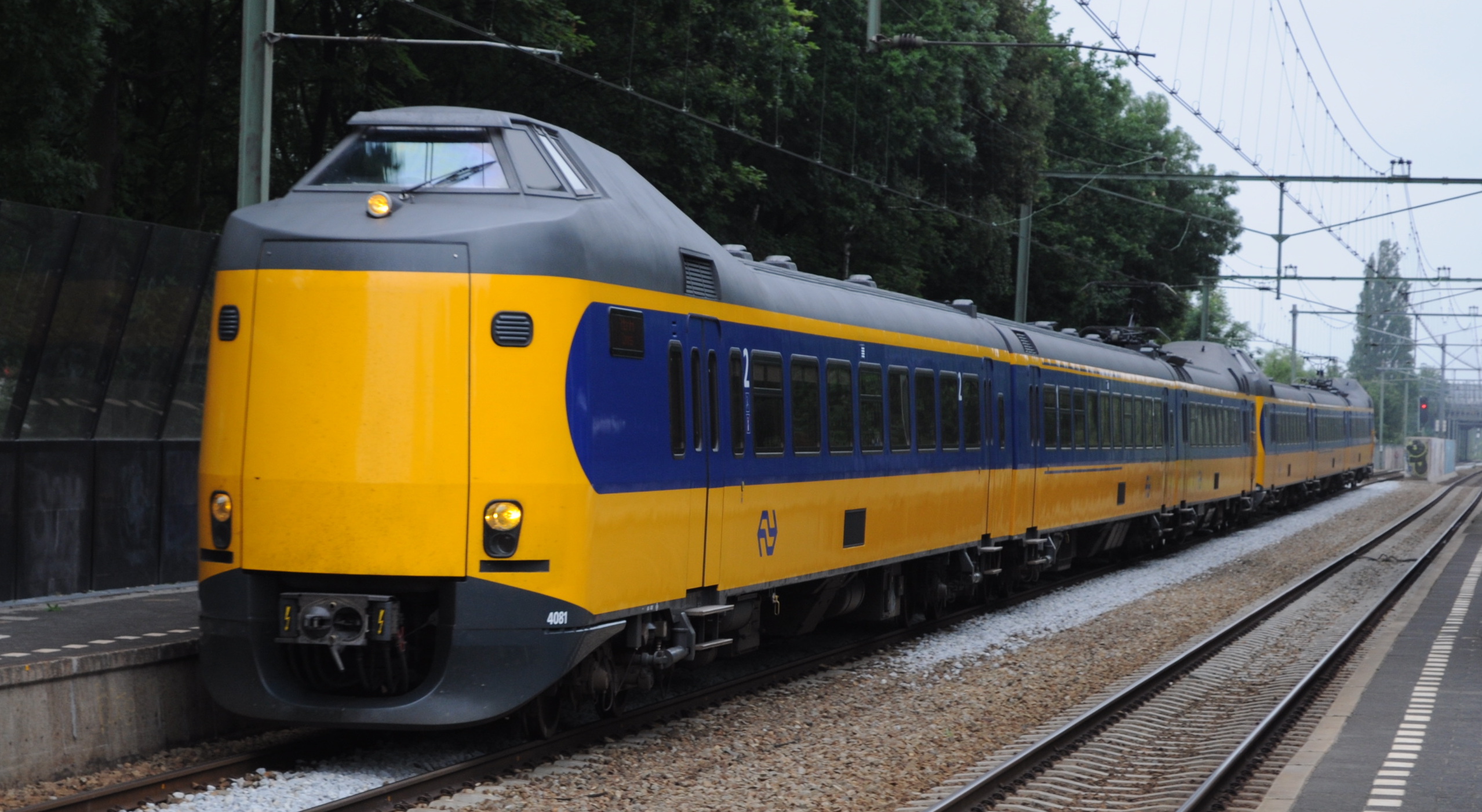
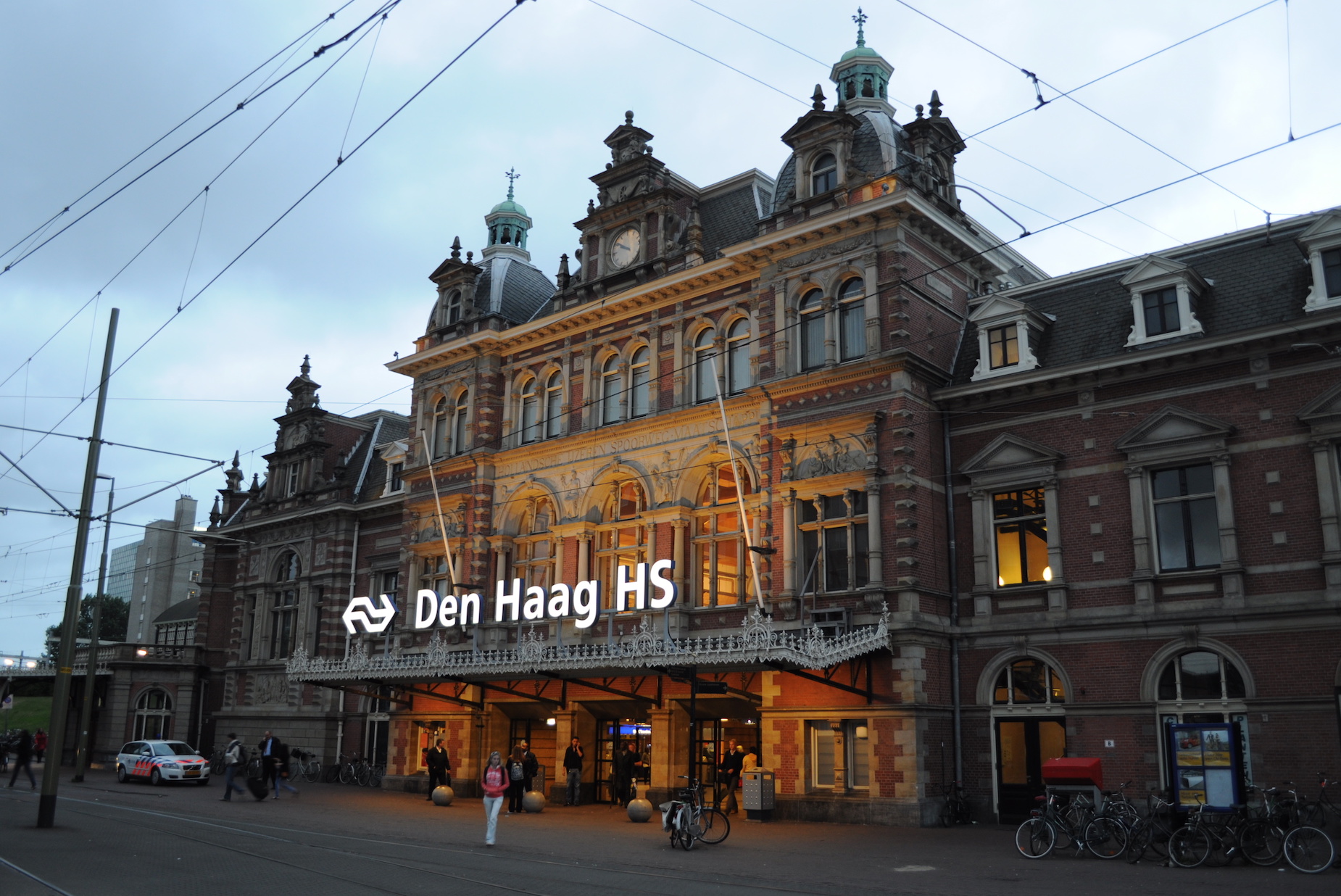
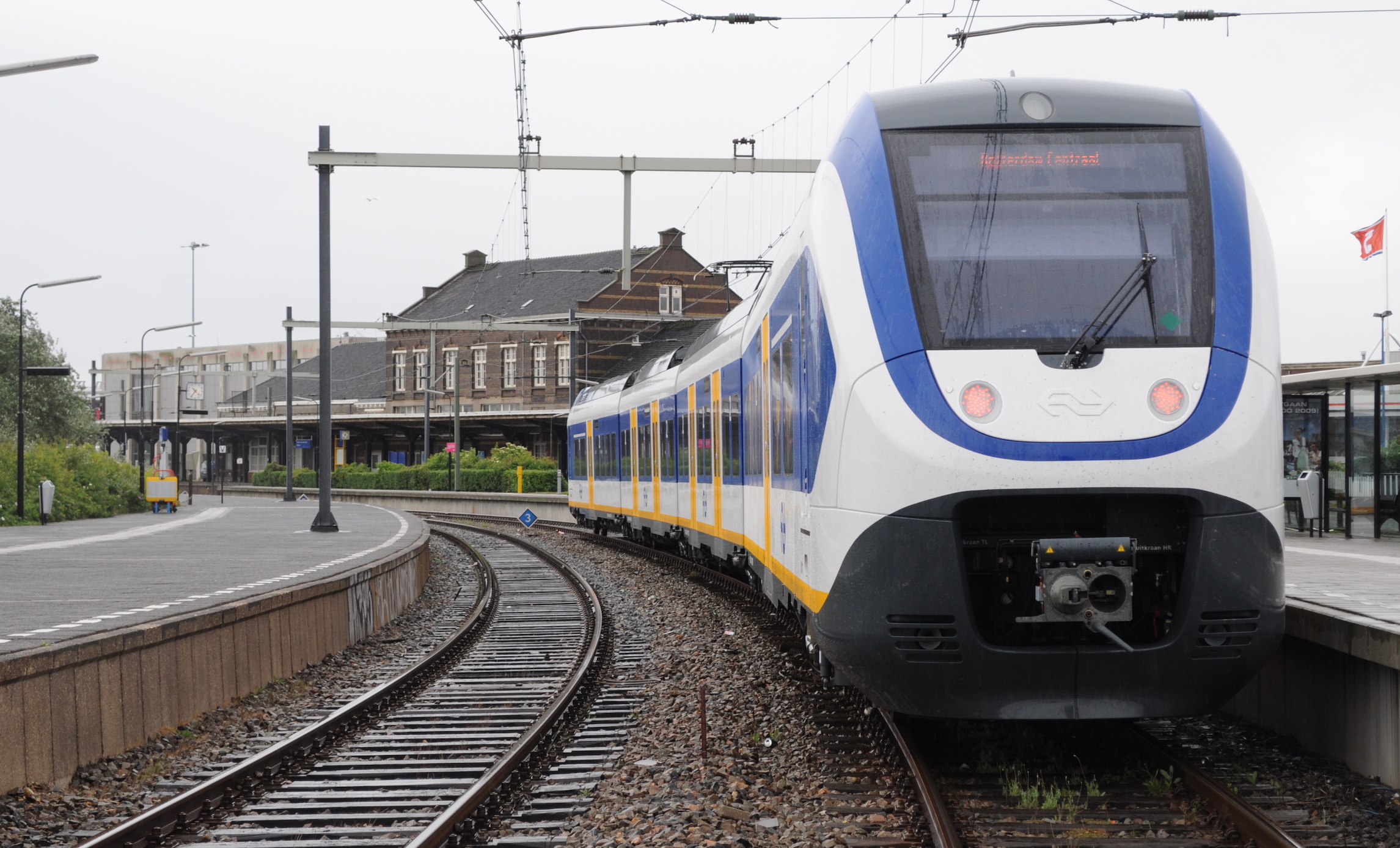
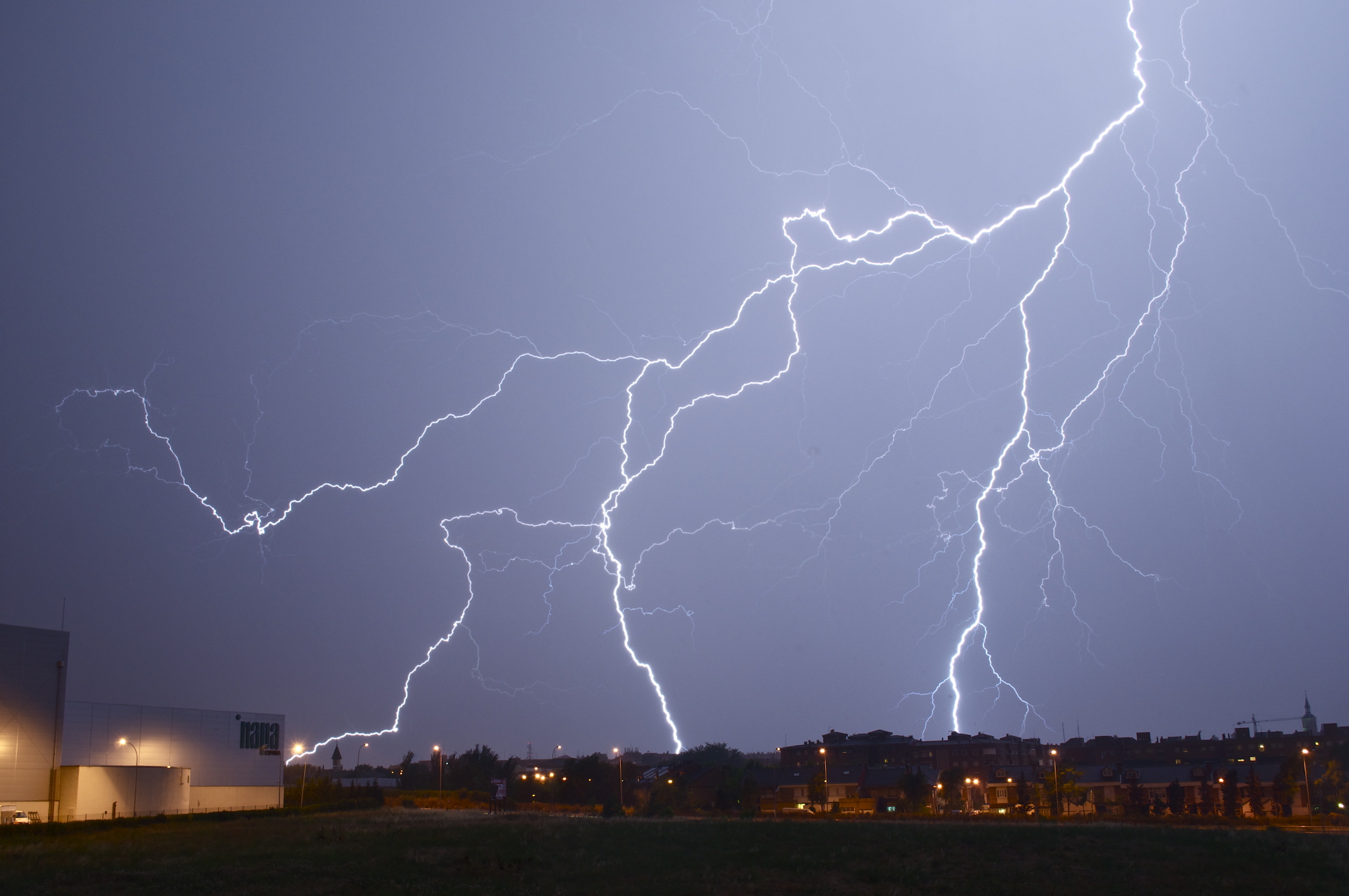
Image link - posted 2010-06-24
We used up 105.57 million addresses in the first half of 2010. So we're on track to beat last year's 203.4 million by a few percent this year. If nothing changes.
Read the article - posted 2010-07-02

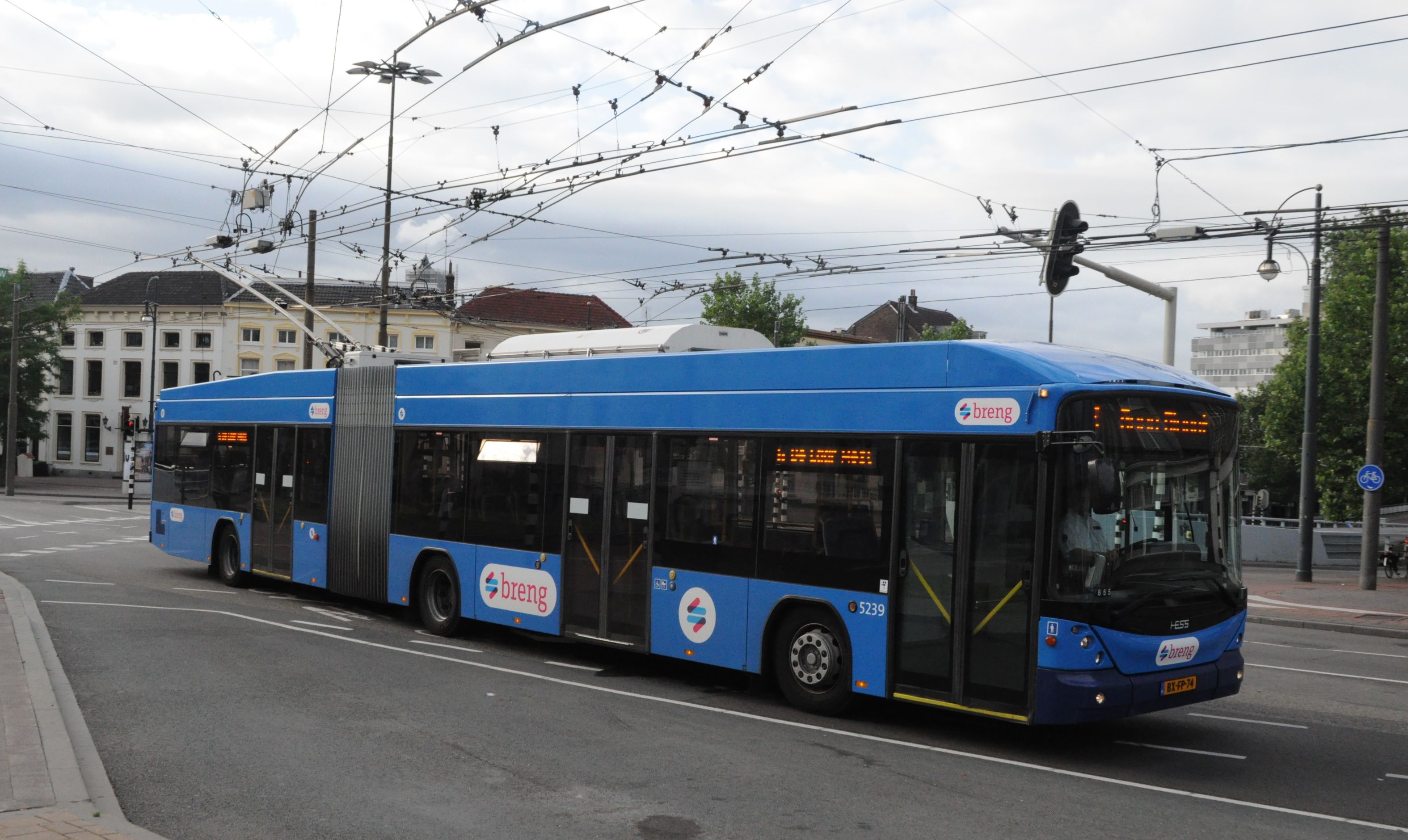
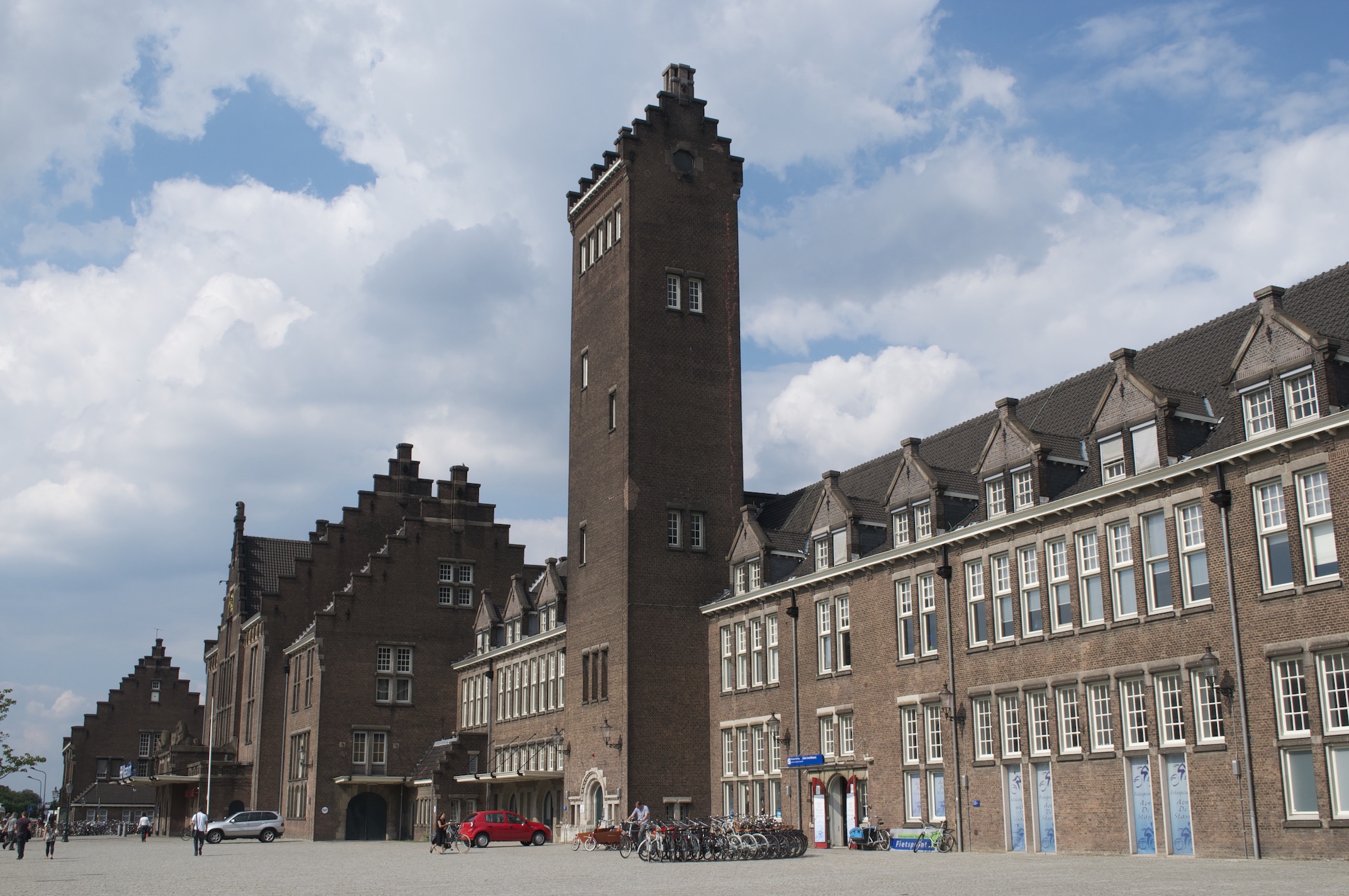
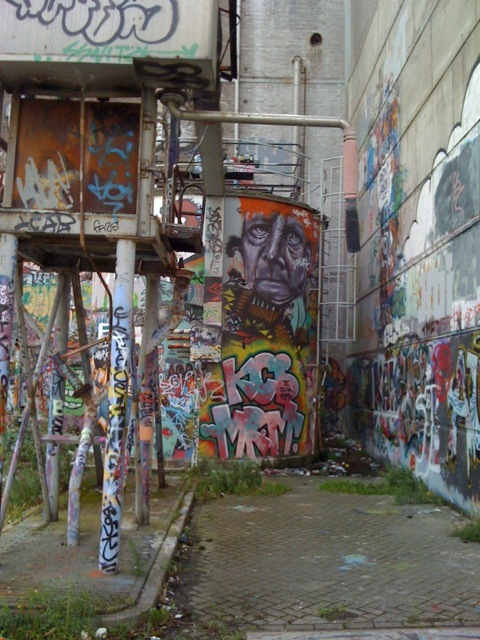
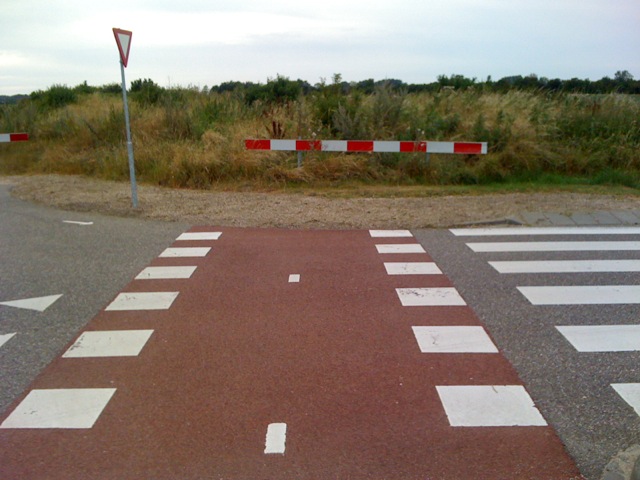
Image link - posted 2010-08-06
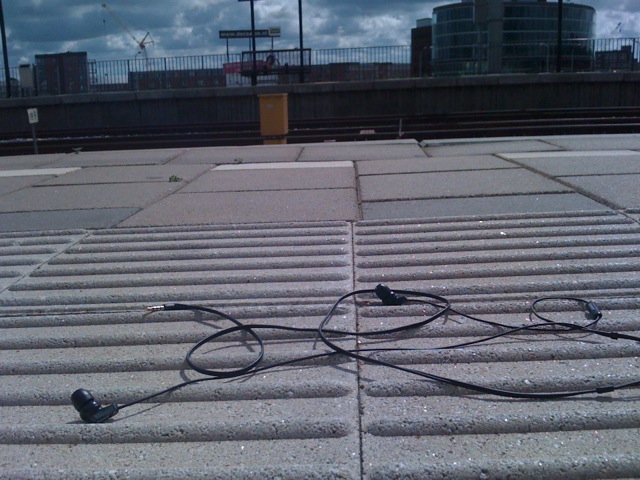

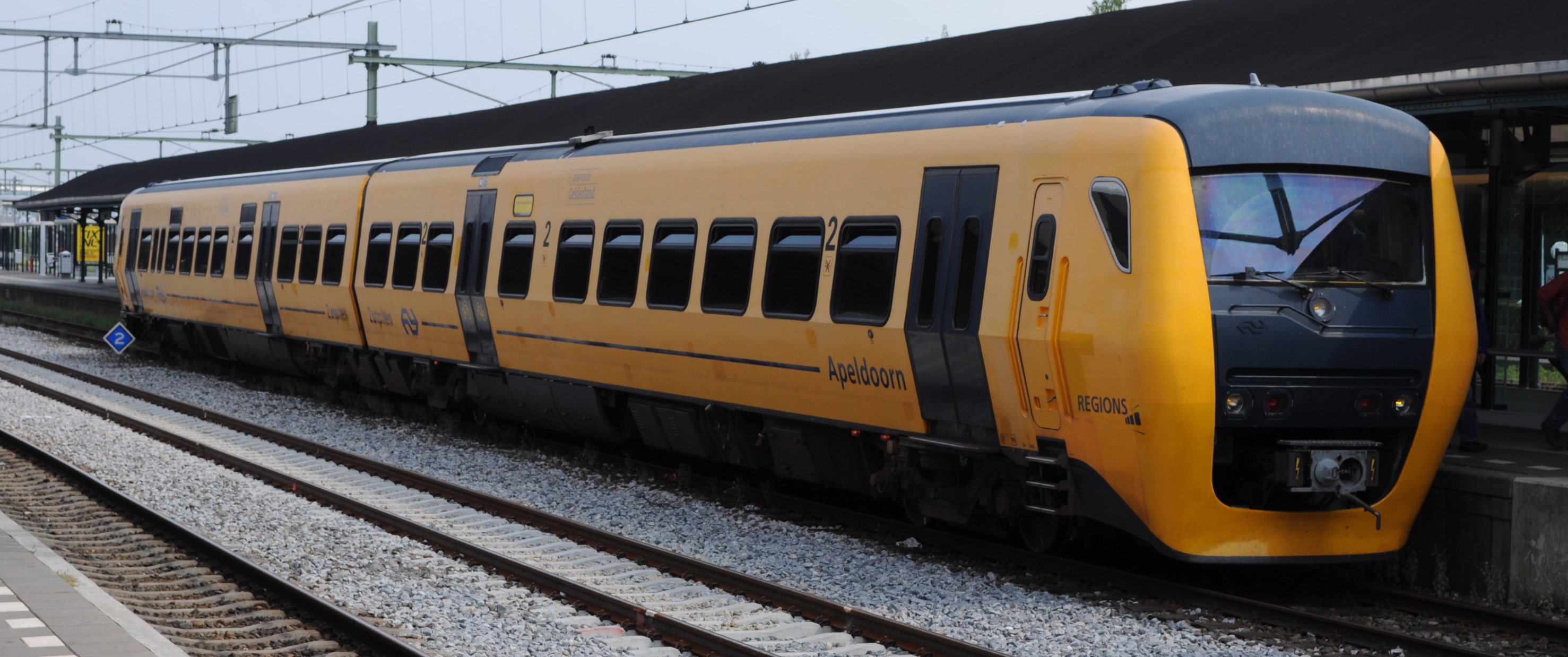
Image link - posted 2010-08-14
Probably my biggest IPv6 story on Ars Technica: "The Internet is running out of IPv4 addresses—not at some point in the future, but right now. But the only solution to the problem, IPv6, is just now really starting to be deployed. That's why we're all in for some tough times ahead."
Read the article - posted 2010-09-30
A. García-Martínez, M. Bagnulo, I. van Beijnum
IEEE Communications Magazine
Issue Date: Sept. 2010; volume: 48 Issue: 9; pages: 152 - 157
Last April, 15 percent of the world's Internet traffic was rerouted through China. Ars delves into the nuts and bolts of how traffic is sent around the 'Net, highlighting some very basic security issues, including one that may have been responsible for April's routing incident.
Read the article - posted 2010-11-24
H. Dries-Ziekenheiner, I. van Beijnum
Report for the European Commission
December 2010